Honoring Memorial Day at UiPath
Share at:
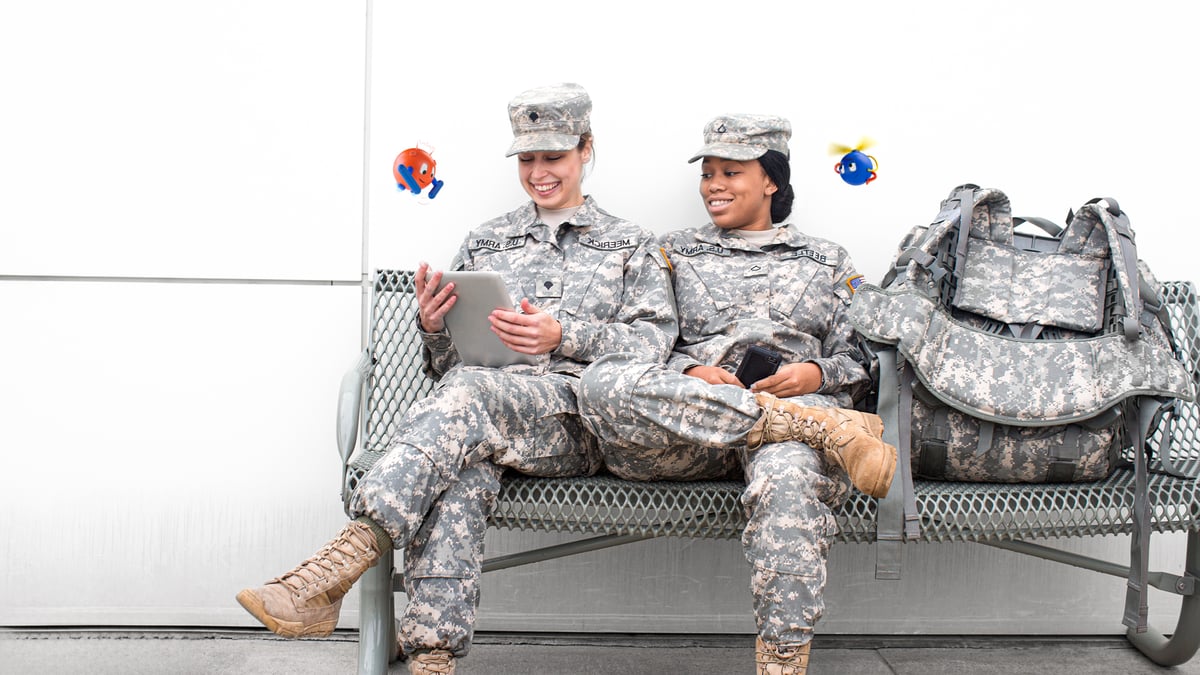
We believe in honoring the sacrifices made by veterans and active service members not just on Memorial Day, but every day. This solemn holiday is a time for reflection and coming together as a community to support one another and the families of the fallen.
This year, UiPath is celebrating Memorial Day by shining a spotlight on the veterans within our own ranks. We're proud to share the stories of Anthony, Kent, and Michele—three UiPathers who have had military experiences that have shaped their careers and enriched the vibrant, diverse culture we value at UiPath. Their journeys from military service to the world of agentic automation showcase the unique perspectives, skills, and values that veterans bring to our workplace. By highlighting these stories, we hope to bridge the gap between military and civilian life, fostering understanding and appreciation for the sacrifices made by all who serve.
How has your experience in the military shaped your values or approach to work and life today?
Kent Butcher, U.S. Navy Lieutenant: The military taught me the invaluable power of teamwork, especially in high-stakes environments like a submarine. Success depended on how well the team worked together. It required a lot of practice, trust, and anticipation. Each crew member spent 6-12 months training and qualifying to do a specific job. This showed they were all committed to the team's success. This emphasis on collaborative achievement continues to influence my approach today.
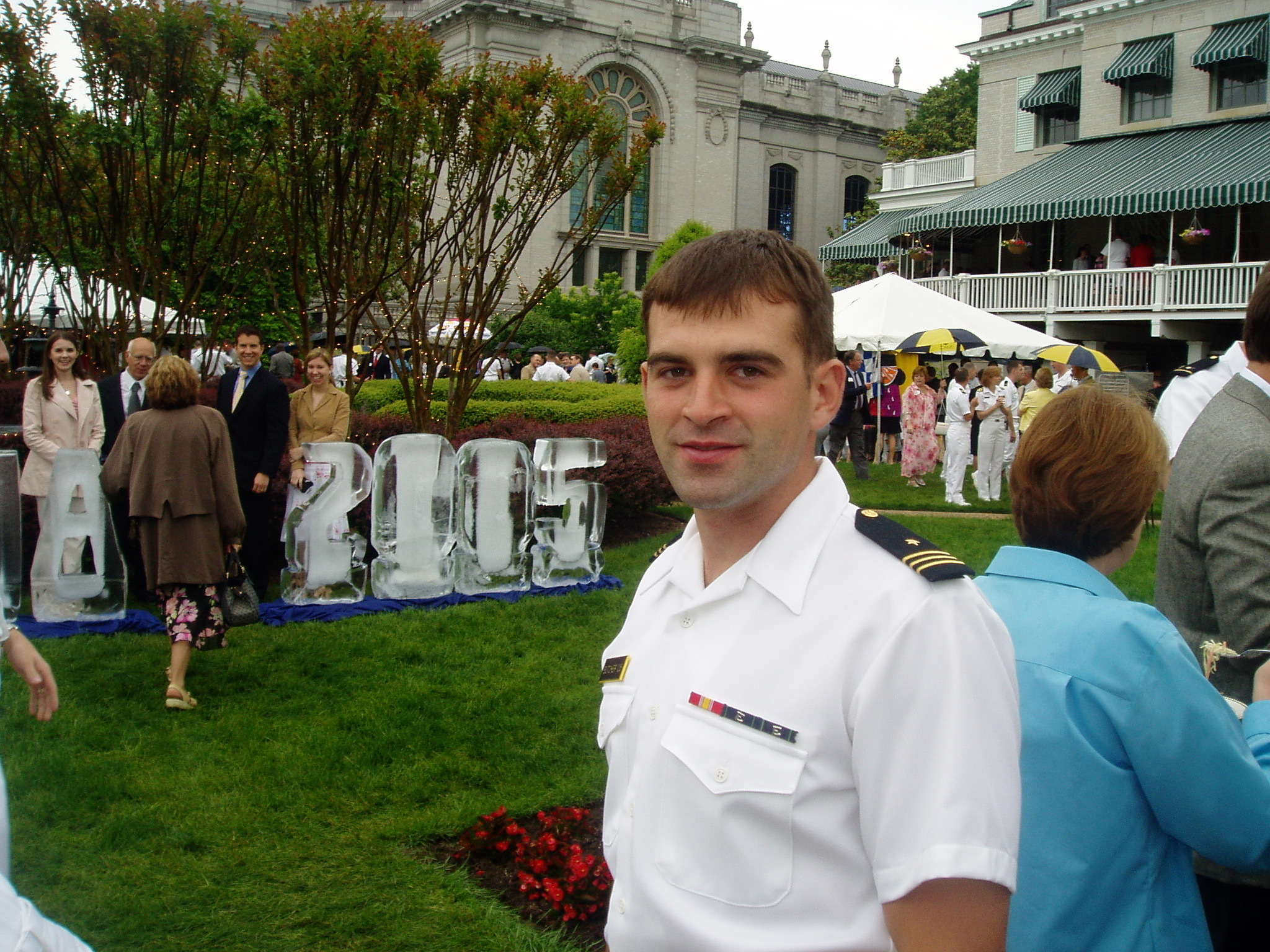
Anthony Gadd, California National Army Guard: I joined the military when I was in college. I wanted to be part of something bigger than myself, and that required a lot of hard work and determination. The military instilled responsibility and ownership that I think is critical for success in any role.
Michele Newman, U.S. Army, SGT E-5: Serving in the military has changed many parts of my life. Some of the values the military bestowed on me are duty, resilience, integrity, and discipline. In the Army, I had many situations that demanded strict schedules, protocols to follow, attention to detail, and quick thinking. This taught me how important it is to plan well, be ready for when things change, and be able to do tasks well under pressure. I bring that same level of organization and commitment to my career to deliver detail-oriented solutions on time.
What skills from the military feed into your current role?
Kent: My military experience cultivated a strong sense of curiosity and problem-solving skills. During deployments and overhaul projects, I often faced complex challenges requiring difficult decisions. I learned to assess situations thoroughly, make informed choices, understand their impacts, and iterate based on new information. This experience has helped me keep learning. I use this in both my work and personal life.
Anthony: Dealing with stress in critical situations has transferred well to my current role, I feel my military experience has helped me cope with bad situations and move through them with minimal distraction.
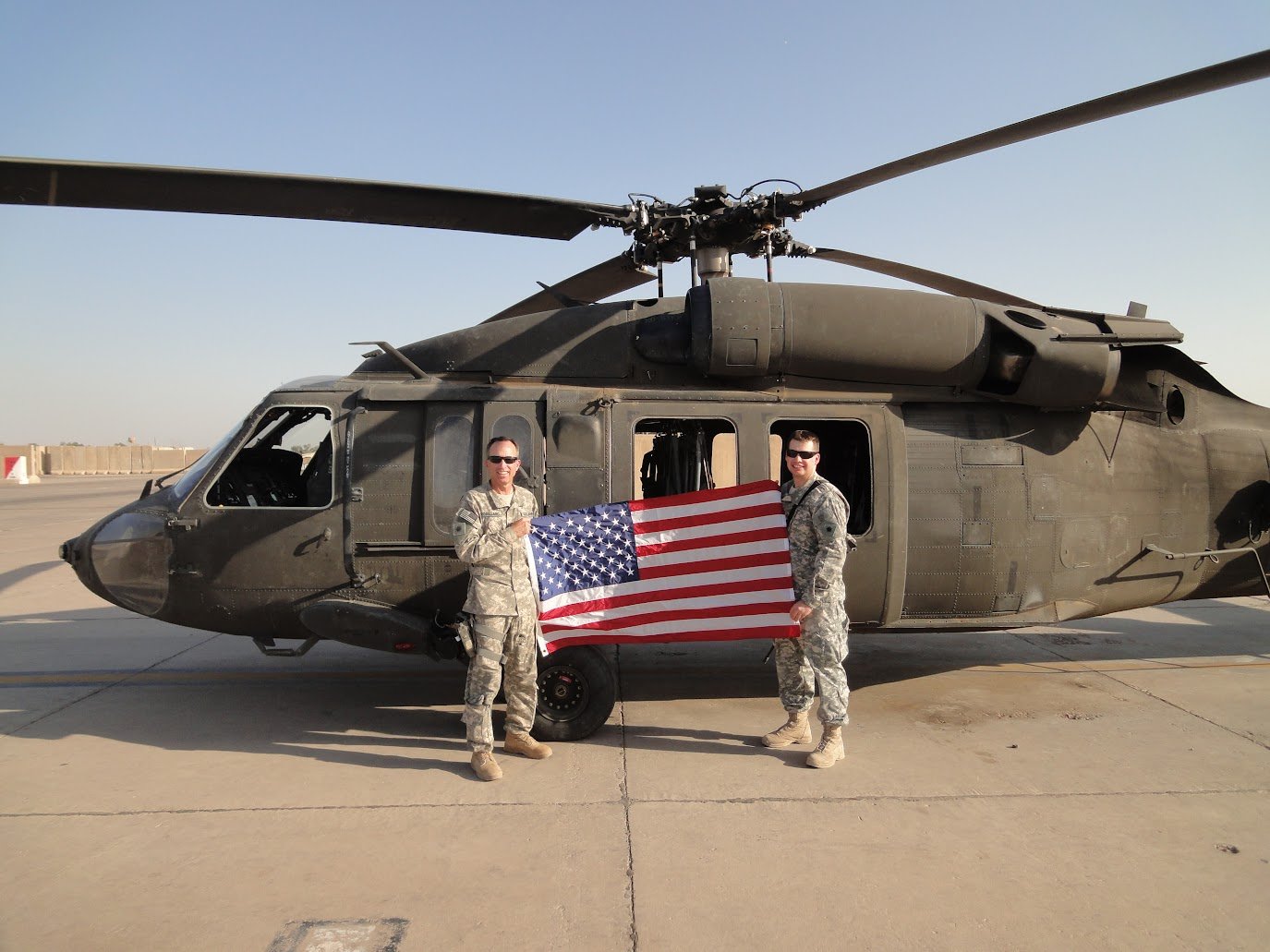
Michele: There are multiple skills I acquired in the military, for example, teamwork, effective communication, critical thinking, problem-solving skills, and technical skills as an electronics repairer. I use almost all of these every day, whether I'm working or at home. As a Technical Account Manager (TAM) I work with customers every day to ensure their success with our products by actively listening to their needs or technical issues, then effectively communicating with them ideas, solutions, guidance, or break/fix assistance.
What are you proud of from your time in military service?
Kent: One of my proudest moments was mentoring a sailor through the highly selective Seaman to Admiral program application process. He and I discussed his career goals and aspirations, and I helped him make the decision to apply. The year-long preparation and six-month waiting period were intense, requiring dedication and perseverance. I was proud of his growth and grit through the process.
Anthony: I’m most proud of some of the deployments I was part of. One was in California for the California wildfire in the summer of 2008. We helped civilian agencies fight big fires. The other was my deployment to Iraq in 2011 in support of Operation New Dawn, where I planned and coordinated the execution of general support aviation missions to include the drawdown as we worked to withdraw most forces from Iraq.
Michele: I'm proud of all the things I accomplished that I never thought were possible while I was in the military. Boot camp was hard, but not in the usual ways people would expect. Yes, the physical and mental aspects were tough, but the hardest part was learning how to work with people who were going through one of the hardest or most difficult times of their lives. Some people do not do well under pressure, structure, authority, fatigue, hunger, exhaustion, and lack of sleep.. These are the people you have to work with as team members to accomplish tasks/missions day after day. Learning how to work with those hard people and all the others from then on has been one of my best achievements. I have learned to be kind, patient, open-minded, and curious.
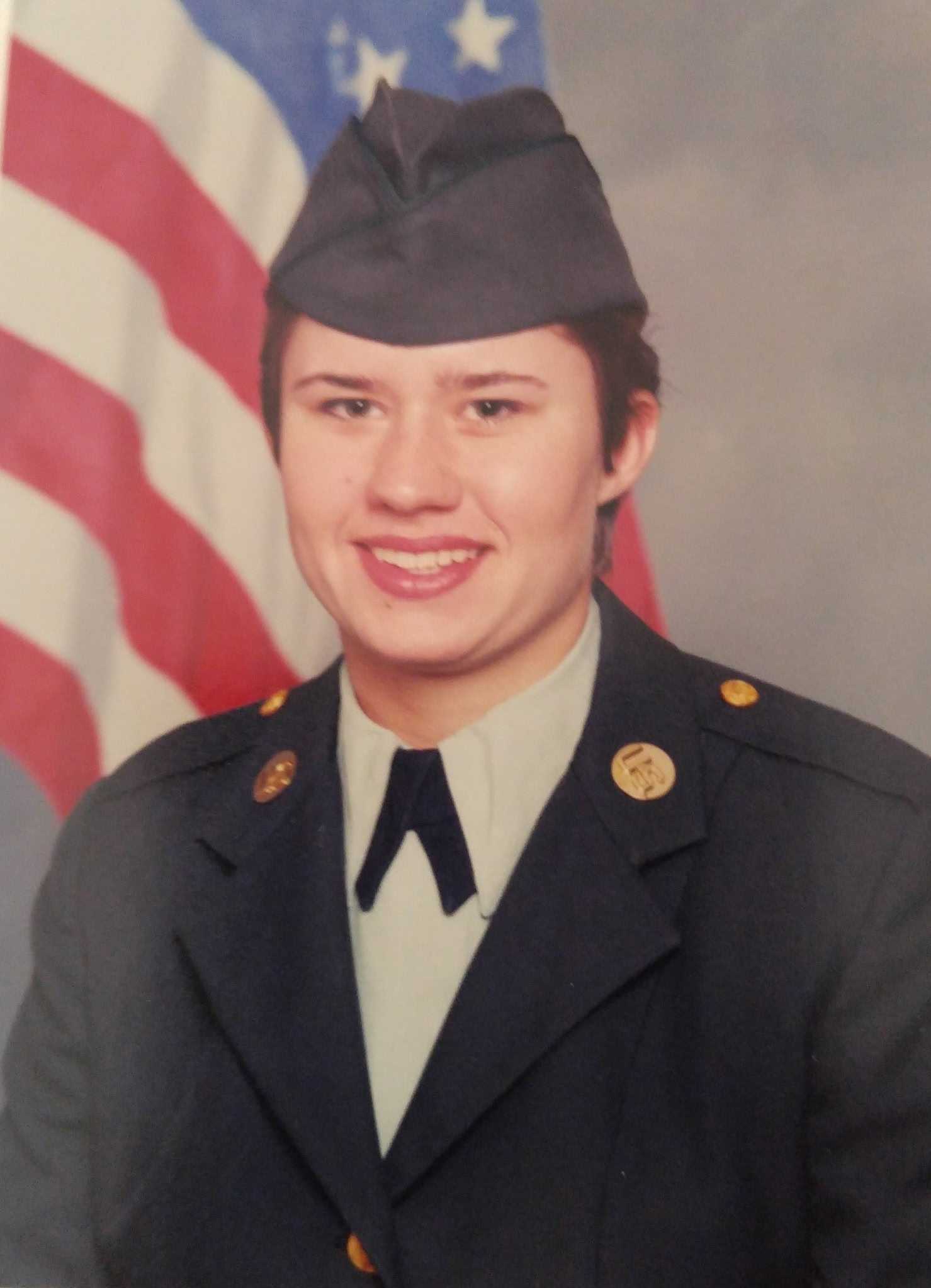
Were there any challenges you faced transitioning to civilian life, if any? What resources or support systems helped you during your transition?
Kent: The biggest change was alternating how we thought about mission and goals in the corporate world. In the military, our goals were often clear, and we worked hard to find a way to achieve them. In contrast, my first civilian job involved a lot of work to define the mission, not just how to do it. This shift required me to adapt my communication and decision making skills to a new environment where the "what" was as open to discussion as the "how."
Anthony: I was in the National Guard, which for most of my career, aside from deployment, was part-time. Even though I had a different civilian job for most of my service, the National Guard was important during my younger years. It gave me chances to switch jobs and to go to and from deployments. The Yellow Ribbon program also helped me and my fellow soldiers transition successfully back to civilian life after my deployment to Iraq in 2011.
Michele: Luckily, my job as a tech who fixed electronics and systems translated well into my civilian life after the military. Before I left the military, I worked in a data center. A company hired me as a contractor to work for the U.S. Government as a Linux Systems Administrator.
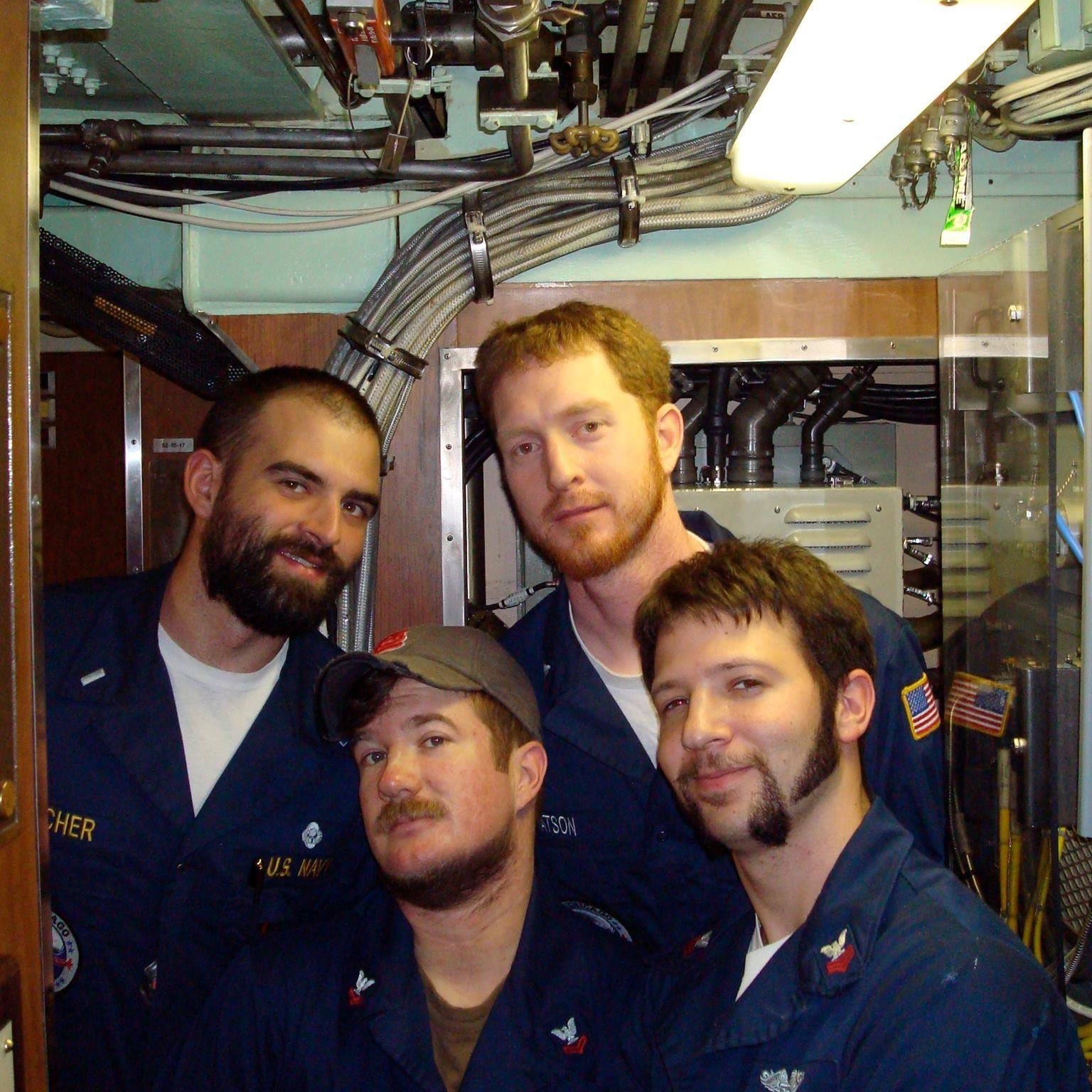
Why is it important to highlight and honor veteran voices and experiences in the workplace?
Kent: Veterans bring unique skills and perspectives that are often undervalued in the corporate world, partly because their experiences can be difficult to translate into corporate language on resumes. Veterans also tend to be humble about their accomplishments, which can further obscure their potential value to an organization.
Anthony: It's important to highlight veteran voices in the workplace, to remind us that we all come from different walks of life and experiences, and to give an example for newly separated veterans as they enter the civilian workforce.
Michele: Veterans are a highly valuable resource because they are dedicated, hard-working, disciplined people who bring a high level of organization, attention to detail, art, task-oriented, objective, and timeline focused who can communicate effectively, plan, and execute efficiently and thoroughly. Veterans can have a wide array of experiences and skills that can benefit any company by providing good leadership, teamwork, strong work ethics, resilience, and adaptability to changing environments.
We’re grateful to Kent, Anthony, and Michele for sharing their journeys and reflections. Their stories remind us of the different paths that shape our UiPathers and the strength that comes from shared values. Stay tuned as we continue to highlight more stories from our people unity councils, stories that celebrate identity, resilience, and the power of community at UiPath.
Global Employer Branding Intern, UiPath



